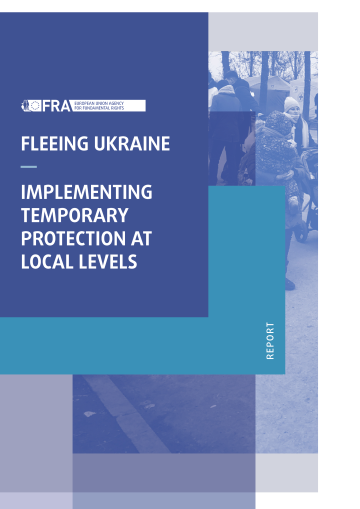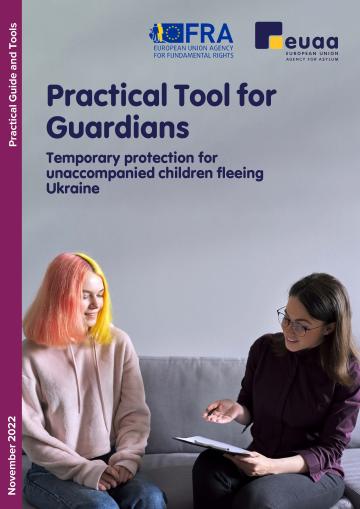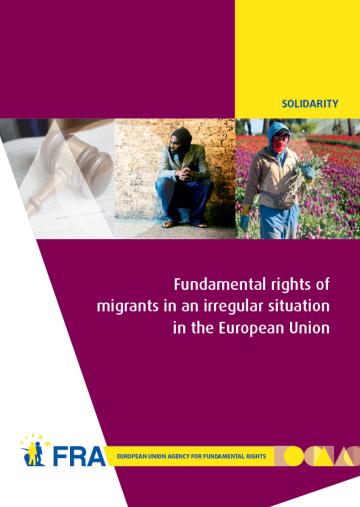
Fleeing Ukraine: Implementing temporary protection at local levels
Search inside this publication
- Foreword
- Key findings
- Introduction
- 1. Housing
- 2. Education
- 3. Employment
- 4. Healthcare
- Conclusions
- Annex 1 – Methodology
- Annex 2 – Stakeholders consulted
- Annex 3 – Respondents to online consultation
- Annex 4 – National legal scope determining access to employment
- Acronyms and abbreviations
The Temporary Protection Directive is the key EU legislative instrument providing people displaced from Ukraine with access to housing, education, employment and healthcare in EU Member States. Member State authorities had no prior experience in implementing the directive, because it was first activated in March 2022. Local authorities took the lead in ensuring access to rights under temporary protection.
Recurrent challenges and various good practices, outlined throughout the report, have emerged to different extents. Advantages could be realised in locations that engaged the local population as hosts and volunteers, actively involved Ukrainian communities and adjusted existing frameworks for employment, education and healthcare, scaling up local capacities and applying administrative flexibility. Local labour market demands and language similarities also clearly helped temporary protection beneficiaries into employment in some locations.
One of the most consistent challenges has been the uncertainty about the length of stay. Planning the demand for housing or schooling has been challenging in many locations. Numbers of people from Ukraine residing locally have fluctuated, or authorities have lacked the information. That has made it difficult for local authorities to adjust support measures to demand. The uncertainty has also affected employers and landlords as well as displaced people themselves.
Meanwhile, the duration of temporary protection has been extended until March 2025. Therefore, it is ever more important to shift to long-term solutions and support local authorities through the priority actions outlined in this report.










